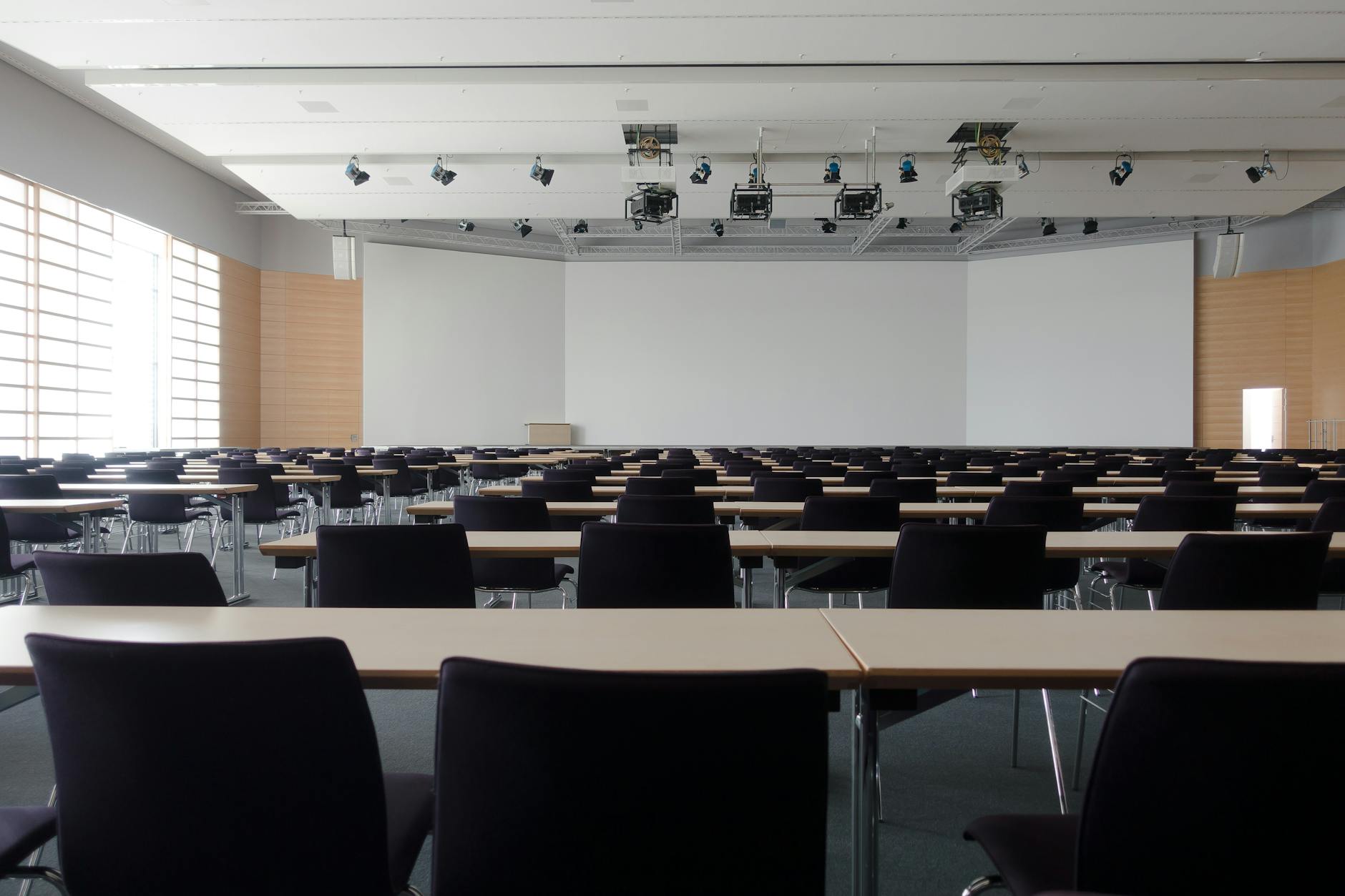
Complete Guide to Customer Retention in marketing
In today's competitive marketing landscape, customer retention has become the cornerstone of su...
Read more →Transform your marketing operations with powerful tools designed for modern agencies.

Professional solutions for every need
Visual planning for multi-client content with approval workflows and asset management
Organize multi-channel campaigns with task management, deadlines, and team collaboration
Track campaign ROI, engagement, conversions, and attribution across all channels
Automated, branded reports with real-time data from all your marketing channels
Schedule, publish, and analyze social content across all major platforms from one dashboard
Streamline creative workflows with task assignment, file sharing, and feedback loops
"Analytics integration and performance tracking gave us insights we never had. ROI transparency is perfect."

"Reporting automation and keyword tracking save hours weekly. Clients love the transparency."

"Multi-client management became manageable. We tripled our agency size in 18 months."

Everything you need to succeed, all in one place
Lightning-fast results
Your data protected
Always here to help
Track your success
Our comprehensive marketing platform helps agencies deliver exceptional campaigns while streamlining operations. From client management to campaign execution, everything you need in one place.


In today's competitive marketing landscape, customer retention has become the cornerstone of su...
Read more →
In 2025, mastering email marketing strategies is essential for businesses aiming to drive revenue an...
Read more →
AI localization pods pair linguists, creators, and data scientists to ship culturally resonant campa...
Read more →Join thousands of satisfied clients and transform your business today
We'd love to hear from you. Send us a message and we'll respond as soon as possible.
+1-253-803-6833
Mon-Fri from 8am to 5pm
hello@bbernmath.com
We'll respond within 24 hours
258 Congress Avenue, Austin, TX 78701
Visit us during business hours